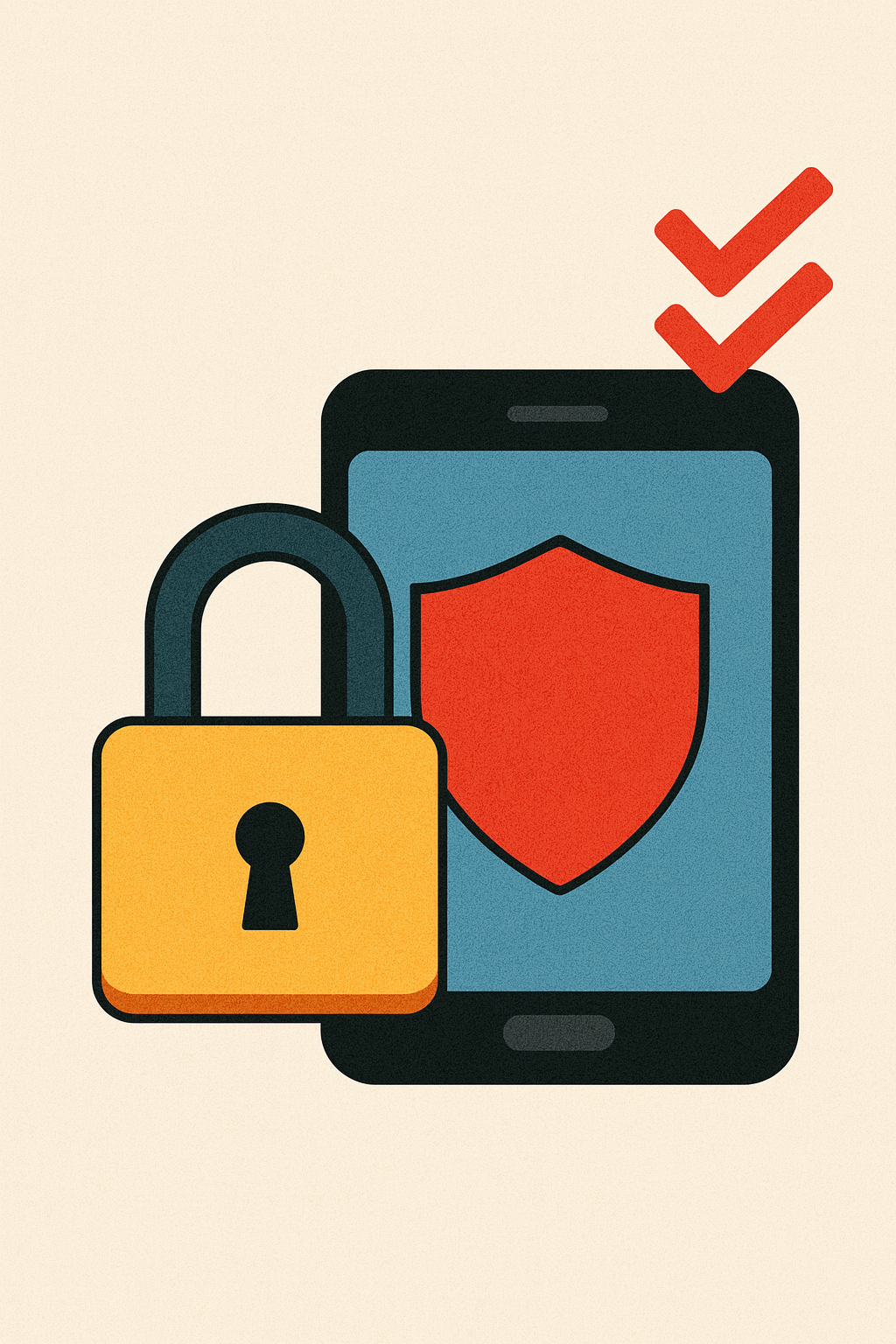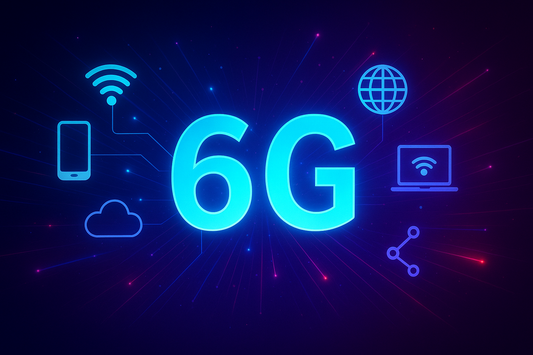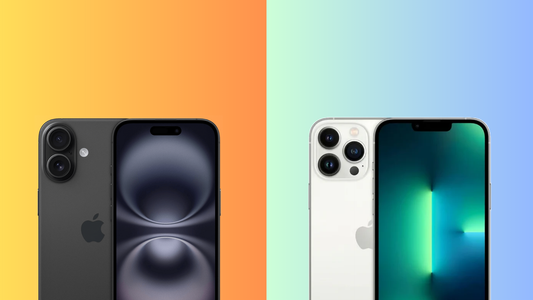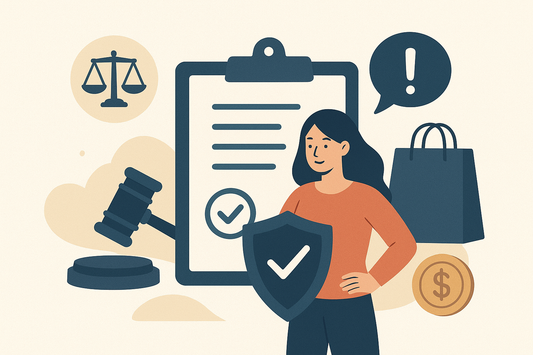
3 tricks to protect your phone and personal data
Givi TechnologyShare
How to secure your phone in 3 steps
Strong Passwords · Two-Step Verification · Avoid Risks on Public Wi-Fi/VPN
Why security matters
Your phone is home to photos, conversations, authenticators, and access to your money. With three simple habits, you can secure it without installing anything fancy.

The gist of this guide
- Unique and strong passwords in a password manager.
- 2FA with authentication app (better than SMS).
- Avoid sensitive operations on public Wi-Fi; prefer data or VPN.
Step 1: Use strong (and unique) passwords
Avoid obvious combinations like 123456 or birthdays. Instead, use a long phrase with uppercase and lowercase letters, numbers, and symbols. Example: Mi-perro-corre_7calles! Don't repeat passwords between services.
Good practices
- 6-digit or longer PIN, fingerprint, or FaceID; avoid patterns.
- Password manager to generate and save unique passwords.
- Prioritize changes to email, banking, networks, and Apple ID/Google Account.
Avoid
- Reusing the same key across multiple services.
- Save passwords in unencrypted notes.
Step 2: Activate two-factor authentication (2FA)
If someone figures out your password, the second factor prevents access. It's best to use an authentication app (temporary codes) rather than SMS.
Activate 2FA in
- Email and social networks.
- Banking and critical services.
- Password manager.
Risk signs
- Login approvals you didn't request: Reject them .
- Only rely on SMS if you can use an authenticator app.
Step 3: Avoid public Wi-Fi (or use VPN)
Open networks allow third parties to intercept your traffic. Avoid performing sensitive transactions (banking, shopping, or other business) on public Wi-Fi.
https:// ; enable Wi-Fi/Bluetooth sharing only when needed.
Quick comparison
| Scenery | Privacy | Risk of interception | Recommended for |
|---|---|---|---|
| Mobile data | High | Low | Banking, purchasing, sensitive management |
| Public Wi-Fi WITHOUT VPN | Low | High | Non-sensitive queries, light browsing |
| Public Wi-Fi WITH VPN | Medium–High | Half | Remote work, moderately sensitive access |
Practical checklist (save it)
Essential ✅
- Unique passphrases for each service.
- 2FA with authenticator app (not just SMS).
- Mobile data or VPN on public networks.
More security 🔐
- SIM PIN activated.
- Active device encryption.
- Leaked password warning enabled.
Frequently Asked Questions
Is one strong password enough?
No. Use unique passwords for each service and store them in a manager. This way, you limit the impact of data leaks.
Is SMS 2FA enough?
It's better than nothing, but more vulnerable than an authenticator app. Prioritize apps like Authy or Google Authenticator.
Should I always use a VPN?
Not on trusted networks. On public Wi-Fi, a reliable VPN adds a layer of encryption useful for sensitive tasks.




